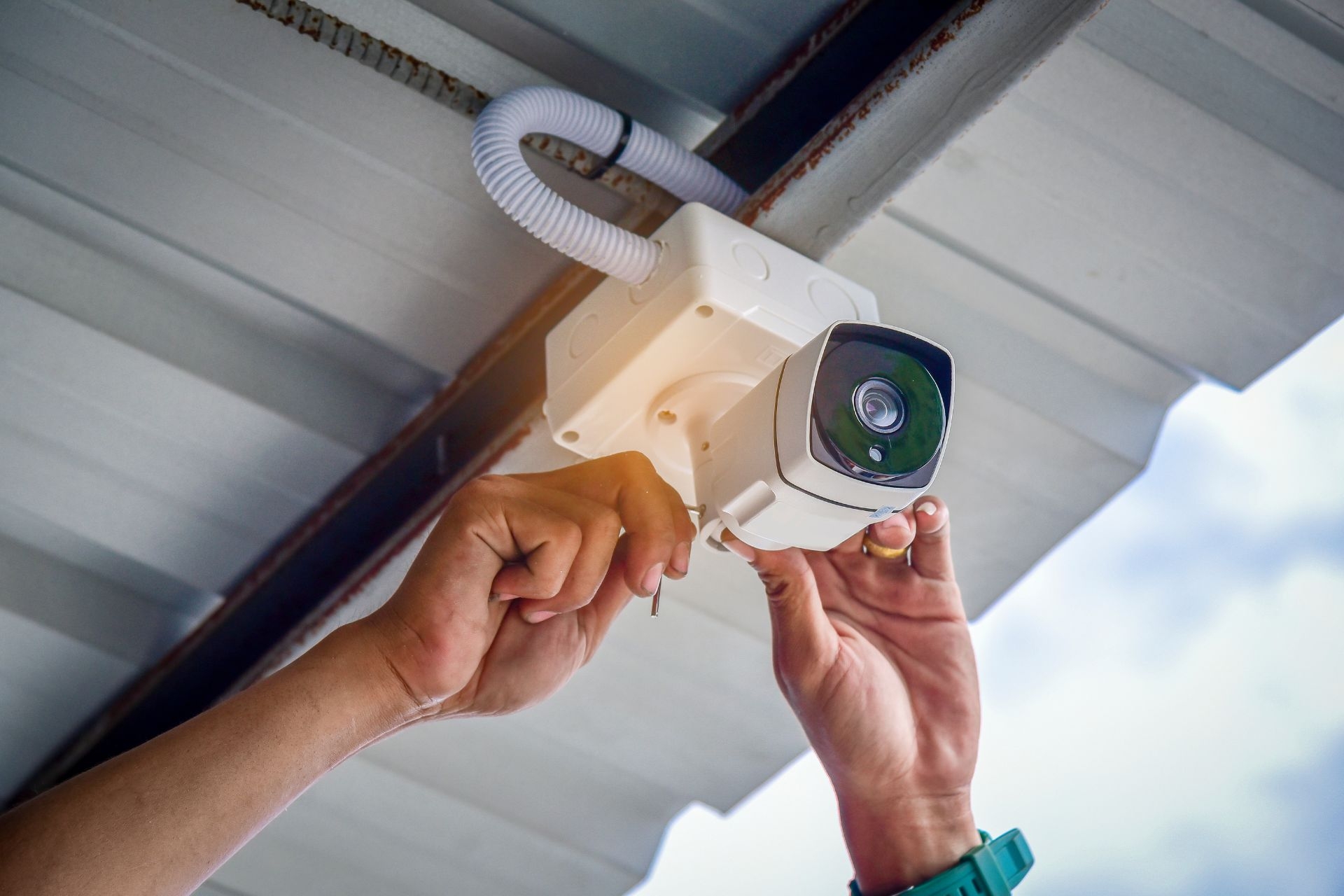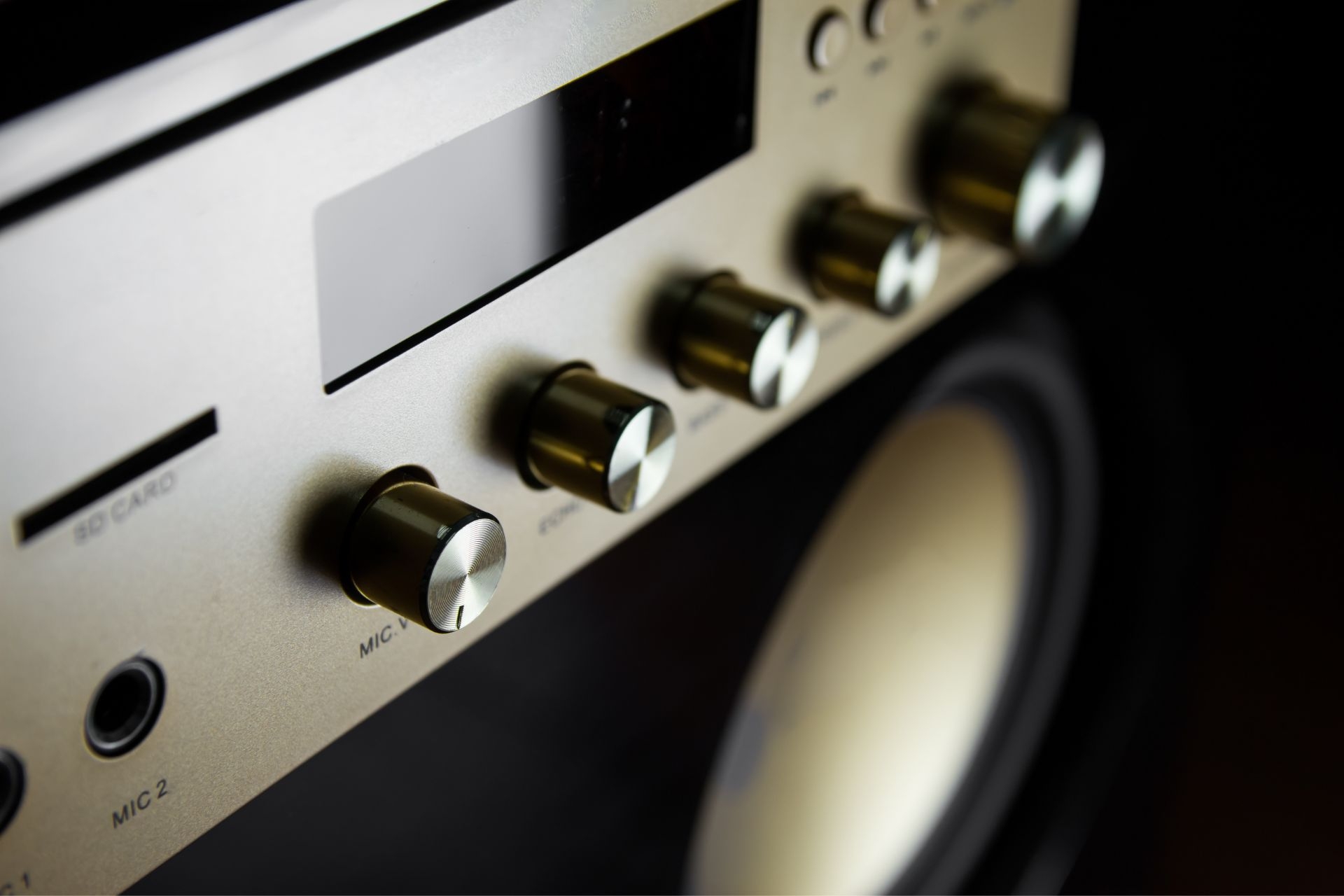Audio-over-IP Solutions
How does Audio-over-IP technology utilize packet-switched networks for transmitting audio data?
Audio-over-IP technology utilizes packet-switched networks by breaking down audio data into packets that are then transmitted over the network. These packets are sent individually and can take different routes to reach their destination, where they are reassembled into the original audio data. This method allows for efficient and reliable transmission of audio data over IP networks, making it ideal for applications where real-time audio is crucial.
Commercial Audio Systems Equipment







